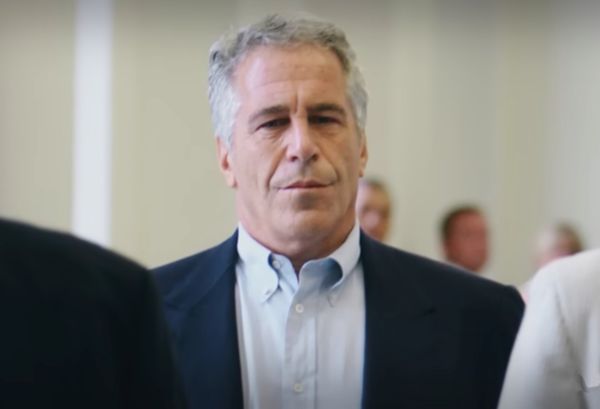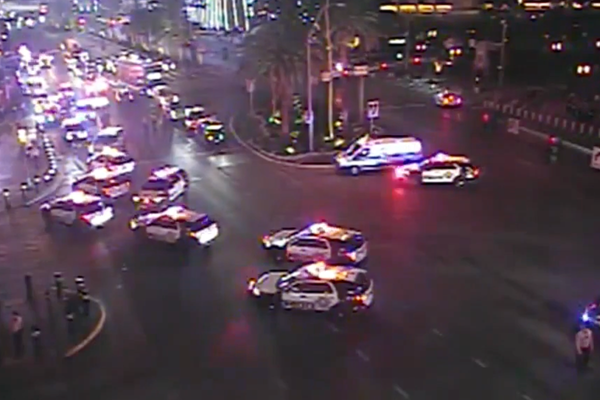POLICE Scotland is facing allegations of having breached people’s human rights in a bid to “subdue” pro-Palestine protests.
Moira McFarlane, an Edinburgh-based activist, said her home had been visited after midnight by three plain-clothes officers – despite the fact that she has never been arrested or charged with anything.
“I'm a 58-year-old yoga teacher. I’m really not a criminal,” she said. “When they come in knocking on your door at midnight, it’s a police state. It's crazy.”
Another Palestine activist, Andrew Thomson, said he had been lifted from an Edinburgh street, kept in a police station for eight hours, and charged with terror offences two days after allegedly wearing a t-shirt outside Bute House.
The t-shirt read “Genocide in Palestine time to take action”. Other activists have also been charged for wearing clothes with the same or similar slogans as they were alleged to be in support of Palestine Action, a protest group which the Labour Government has proscribed as a terror organisation.
The proscription has been condemned by Volker Türk, the UN’s human rights chief, who said it puts the UK “at odds” with international law and “limits the rights of many people involved with and supportive of Palestine Action who have not themselves engaged in any underlying criminal activity but rather exercised their rights to freedom of expression, peaceful assembly and association”.
Earlier in August, the Scottish Human Rights Commission (SHRC) warned Police Scotland that its policing of pro-Palestine protesters risked breaching human rights.

Police Scotland insisted their actions are "appropriate", but Thomson said that Türk and O’Hagan’s warnings are “exactly what's happened”.
“The key thing is this is excessive and this is draconian policing,” he went on. “They're conflating political and moral expression with terrorism, and they're doing it deliberately.
“The smear will bring about fear. And in my own understanding, this is what Keir Starmer's Britain is all about. Starmer's Britain requires fear. But for me, for many, many others, and the good people in Scotland, it's Palestine that commands courage.”
Thomson said he was arrested in the Cowgate area on Monday, July 21, after allegations that a t-shirt he had worn on July 19 had expressed support for a terrorist organisation. He then received “bail checks”, where Police Scotland officers turned up on his doorstep, four times in four days.
“I was really alarmed by the fact that the reason for the visits had zero plausibility,” he said, disputing that reaffirming his bail conditions could have been the force’s true reason for the visits.
“It is about harassment. It's an intrusion into private family life. Who has signed the order for them to make those four visits?
“I guess what's happening to me just now would be one tactic that Police Scotland undertook to try and subdue protests against the genocide. That seems plausible to me, and definitely there's zero plausibility about reminding of your [bail] condition.”
Hours after the Sunday National spoke to Thomson, he received a letter from the Crown Office advising that his court date had been cancelled and bail conditions lifted, just days after SHRC chair O’Hagan’s intervention.
Both Thomson and McFarlane alleged that Police Scotland had infringed on their human rights.
It comes after a third pro-Palestine activist, the Scottish Palestine Solidarity Campaign’s Mick Napier, 78, sent a legal letter to Police Scotland alleging intimidation after his address was visited by officers seven times in seven days.
Mark Harrower, a senior criminal defence lawyer and former president of the Edinburgh Bar Association, suggested that claims of reminding of bail conditions were not credible and the “only possible explanation for these repeated visits is to intimidate”.
“Not only is this a huge waste of police resources, it makes Scotland look like it is turning into a police state,” Harrower wrote. “It is nothing short of harassment. I request that your officers stop harassing my client.”
The National has also reported on the case of Kimberley Davidson, in the Scottish Borders, who also faced daily visits from police officers claiming to be there to remind her of bail conditions.
A Police Scotland spokesperson said: "We carry out appropriate checks as required in line with conditions imposed by the courts."
A Scottish Government spokesperson said: “The Scottish Government supports individuals’ rights to freedom of expression.
“We live in a society where people have the democratic right to campaign and express views in a peaceful and lawful manner.”







